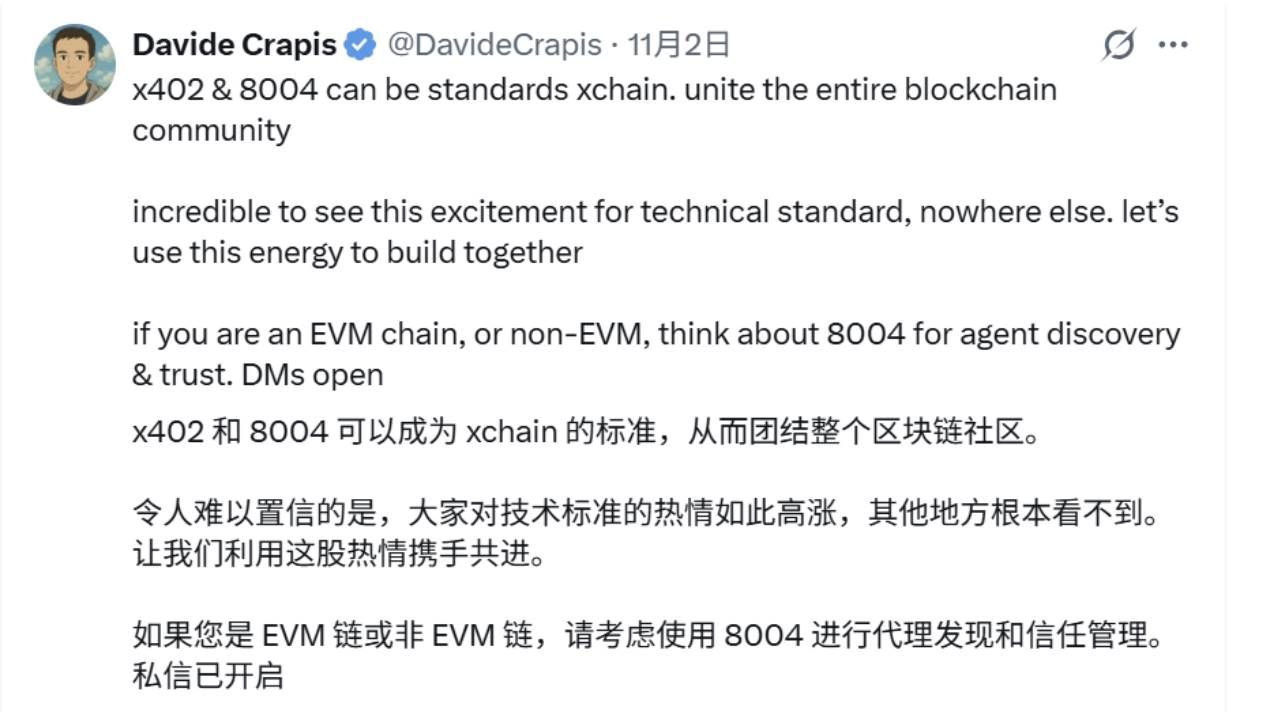Uniswap Foundation leads coalition urging Treasury Secretary Bessent to clarify legal framework for DAOs
The Uniswap Foundation spearheaded a coalition of 18 major cryptocurrency organizations in petitioning Treasury Secretary Scott Bessent for federal guidance on decentralized autonomous organization (DAO) compliance.
In a Sept. 2 letter, Uniswap Foundation cites persistent legal uncertainty that has driven innovation offshore.
The document advocates for federal recognition of Wyoming’s Decentralized Unincorporated Nonprofit Association (DUNA) framework, signed into law in 2024, as a model for providing DAOs with legal clarity while preserving their decentralized governance structures.
The DUNA framework allows DAOs to engage in contractual relationships, manage treasury funds, and comply with tax obligations while shielding token holders from personal liability.
The letter stated:
“DAOs in the US have historically faced persistent legal uncertainty. Many DAOs do not have clarity on whether basic undertakings, such as the ability to sign contracts, manage assets, or meet tax obligations, will expose participants to personal liability.”
Bipartisan congressional support
The initiative has garnered political backing, with Senator Cynthia Lummis endorsing the framework and championing efforts to “build the legal foundation American innovators need to succeed.”
The letter references the President’s Working Group Report on Digital Assets, which mandates Treasury and IRS collaboration with blockchain nonprofits to facilitate US domiciliation.
Uniswap Governance, described as “one of the largest and most active DAOs in the world,” has proposed adopting the DUNA structure as a test case for the broader ecosystem. The coalition argues this represents a milestone demonstrating that compliance and decentralization can coexist within US legal frameworks.
Eighteen organizations co-signed the letter, including established entities such as Polygon, Tally, and the Blockchain Association, alongside newer players like ZKsync, Morpho, and the Solana Policy Institute.
The diverse coalition spans infrastructure providers, DeFi protocols, venture funds, and policy advocacy groups.
Competitive threat
The signatories emphasized the competitive threat posed by other jurisdictions actively courting blockchain organizations.
The letter warns that continued regulatory ambiguity risks pushing innovation away from US markets as global competitors establish clearer frameworks for decentralized entities.
The coalition requests three specific federal actions: recognition of good-faith DAO compliance efforts, engagement with communities piloting frameworks like DUNA, and provision of federal pathways, including safe harbors, interpretive guidance, or tailored rulemaking.
The letter concluded:
“With thoughtful collaboration, we can ensure that the U.S. remains a home for internet-native innovation rooted in transparency, compliance, and open participation.”
Disclaimer: The content of this article solely reflects the author's opinion and does not represent the platform in any capacity. This article is not intended to serve as a reference for making investment decisions.
You may also like
"Crypto President" Trump presses the bull market start button?
Trump's victory led BTC to reach new highs for two consecutive days, with a peak at $76,243.

Behind the x402 boom: How does ERC-8004 build the trust foundation for AI agents?
If the emergence of x402 has demonstrated the substantial demand for AI agent payments, then ERC-8004 represents another fundamental and underlying core element necessary for building this vast machine economy.

PFDEX Makes a Grand Debut at the PopChain Global Ecosystem Conference in Hong Kong

Cathie Wood Revises Bitcoin’s 2030 Forecast: Will Stablecoins Take Over?
In Brief Cathie Wood revises Bitcoin's 2030 target due to rapid stablecoin adoption. Stablecoins serve as digital dollars, impacting Bitcoin's expected role. Trump's crypto-friendly policies encourage Bitcoin's market prominence.

